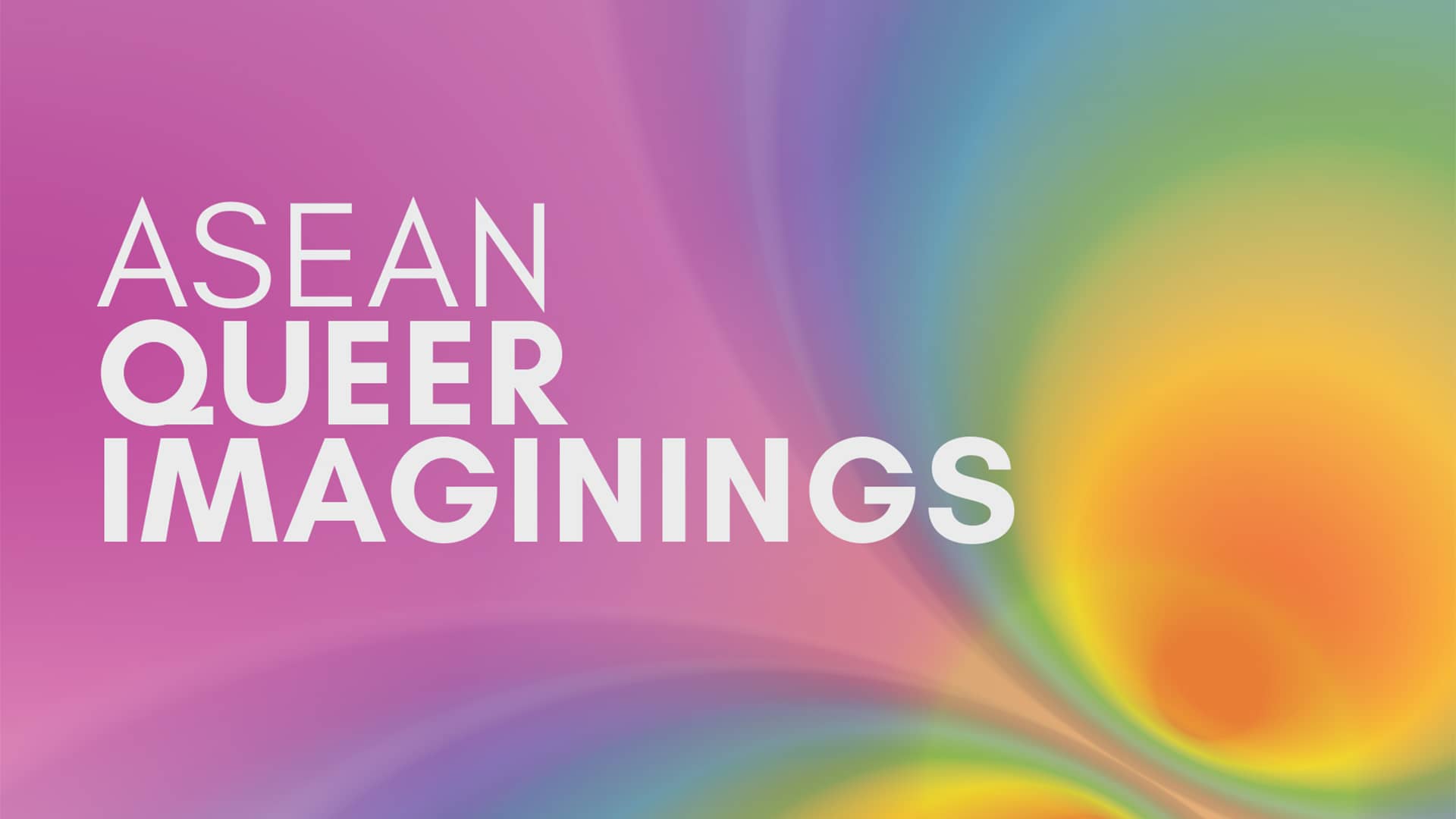
Two months into 2021, LGBTIQ persons from Southeast Asia have already faced multiple forms of discrimination in the hands of their governments. Malaysia’s Deputy Minister in the Religious Affairs Department made a statement that the punishment for LGBTIQ people under the current law is ‘too light’ and went so far to suggest heavier sentences be applied to the offenses. Democracy is being trampled in Myanmar and LGBTIQ people are among those who march down the street to protest against the backdrop of COVID-19 pandemic. Harmless protest over alleged transphobia outside the Singapore Ministry of Education headquarter was met with an arrest over public assembly without permit.
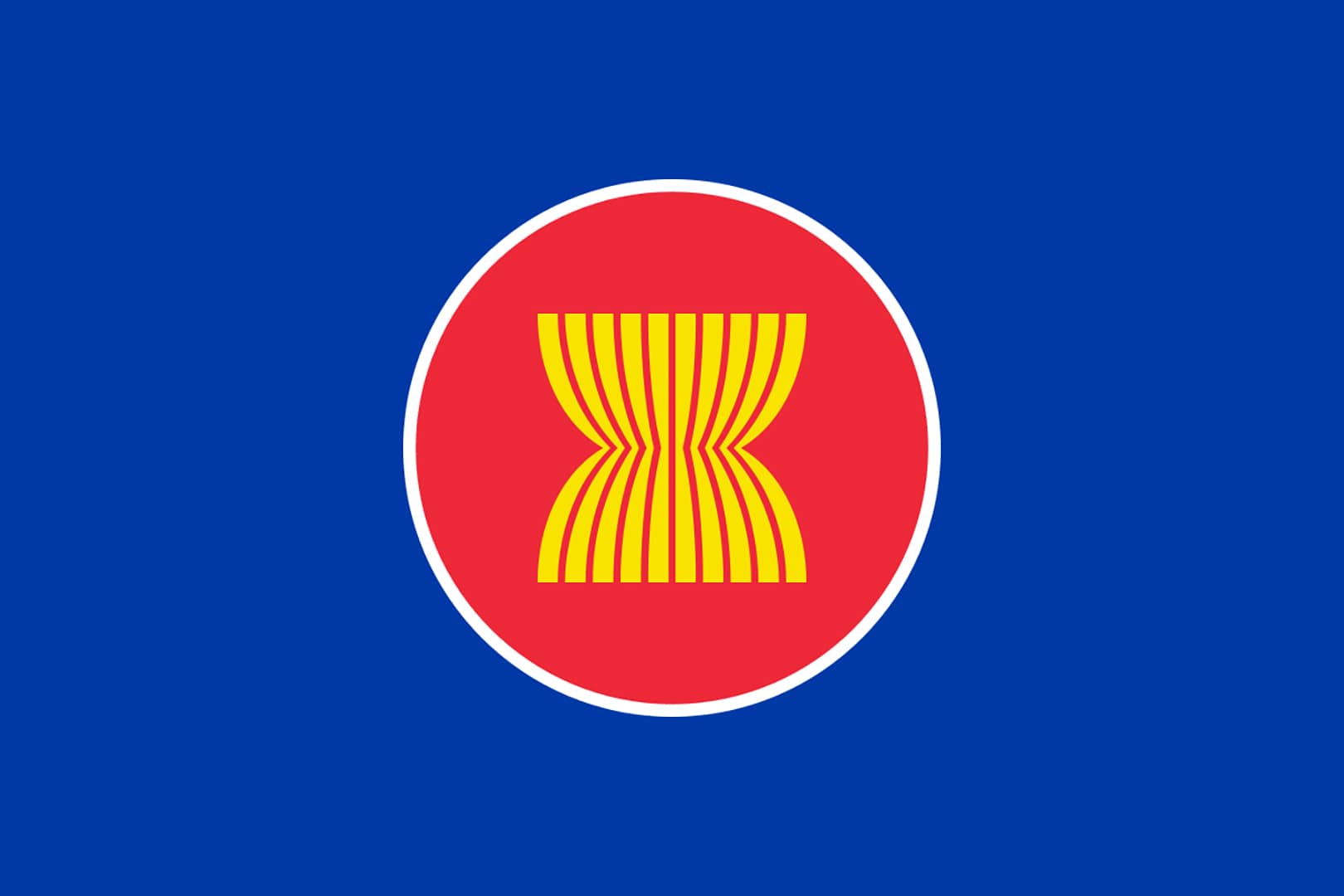
As civil society organizations from the ASEAN region, we write to you urging you to use your unique position to influence the situation in Myanmar by taking immediate measures to ensure that the military respects people’s right to peaceful protests and to freedom of expression, that democracy is upheld, and the will of the people respected.
Following the Myanmar military’s illegal seizure of power on 1 February, Commander-in-Chief Senior General Min Aung Hlaing assumed all legislative, executive, and judicial powers under the newly-established State Administrative Council.

In the early part of November 2020, the Philippines, already battered by the on-going COVID-19 pandemic, was hit by a series of powerful typhoons. First was the super typhoon Rolly (internationally known as Goni) whose sustained winds of around 220km per hour left devastations in Eastern provinces. Second was the super typhoon Ulysses (Vamco), the strongest that hit the country so far, causing massive rains that left several towns and cities flooded.
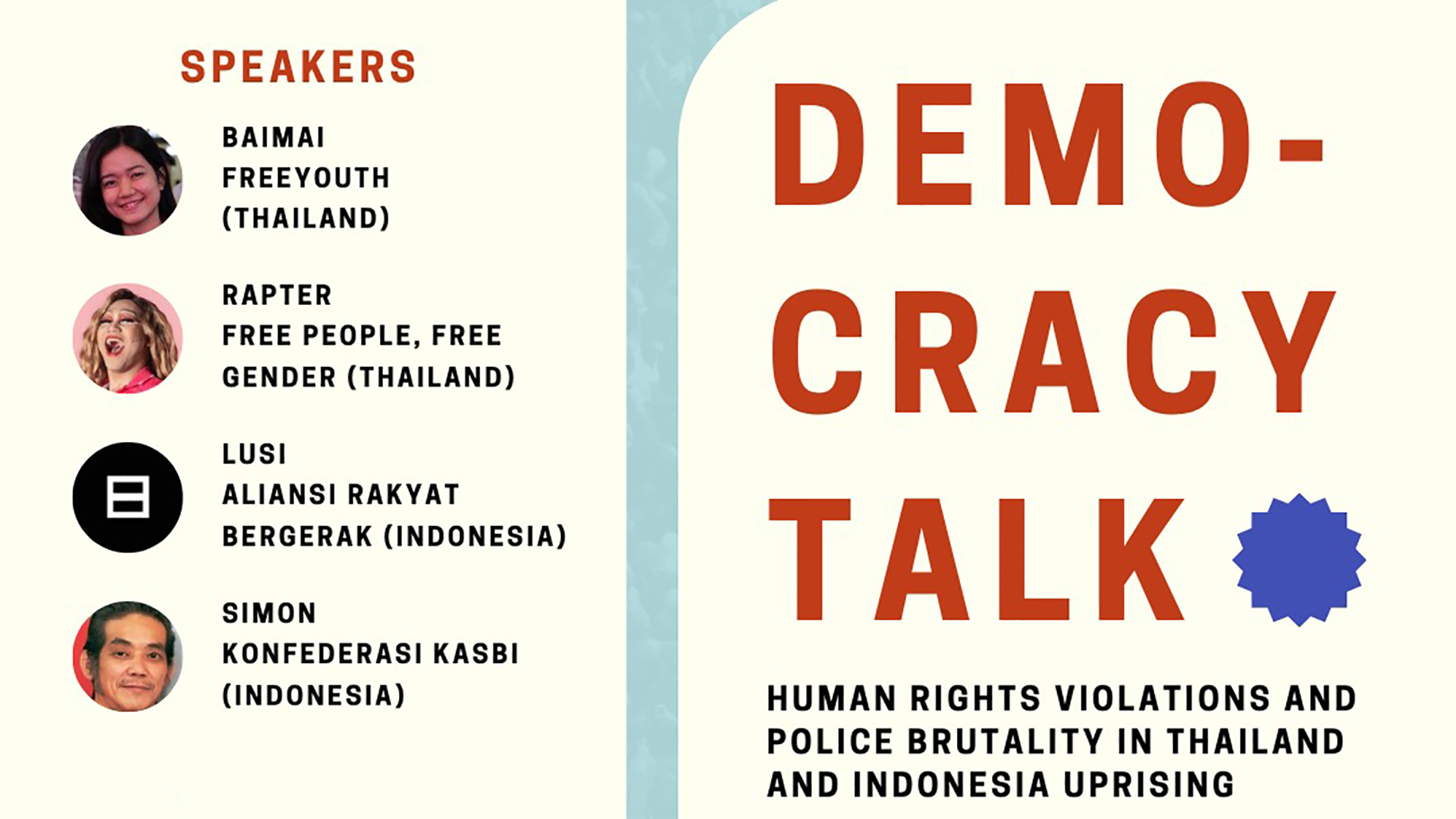
An ASEAN People Forum 2020 Side Event
People power uprising and non-violent forces taking the streets to demand for substantive democracy are taking place in Indonesia and Thailand. Thai people are fed up with the rule of the military and the monarchy in co-opting democracy while Indonesians are angry at their legislative and executive power that give favor to the rich in order to enrich and strengthen the oligarch. People are taking to the streets to demand justice and substantive democracy while Thai and Indonesia governments use police and military force to silent them. Police brutality appears in each protest. These movement are being led by the marginalized groups in militaristic, monarchy and oligarchy system that co-opt democracy like progressive Youth groups, LGBTIQ persons, women, and labor groups.
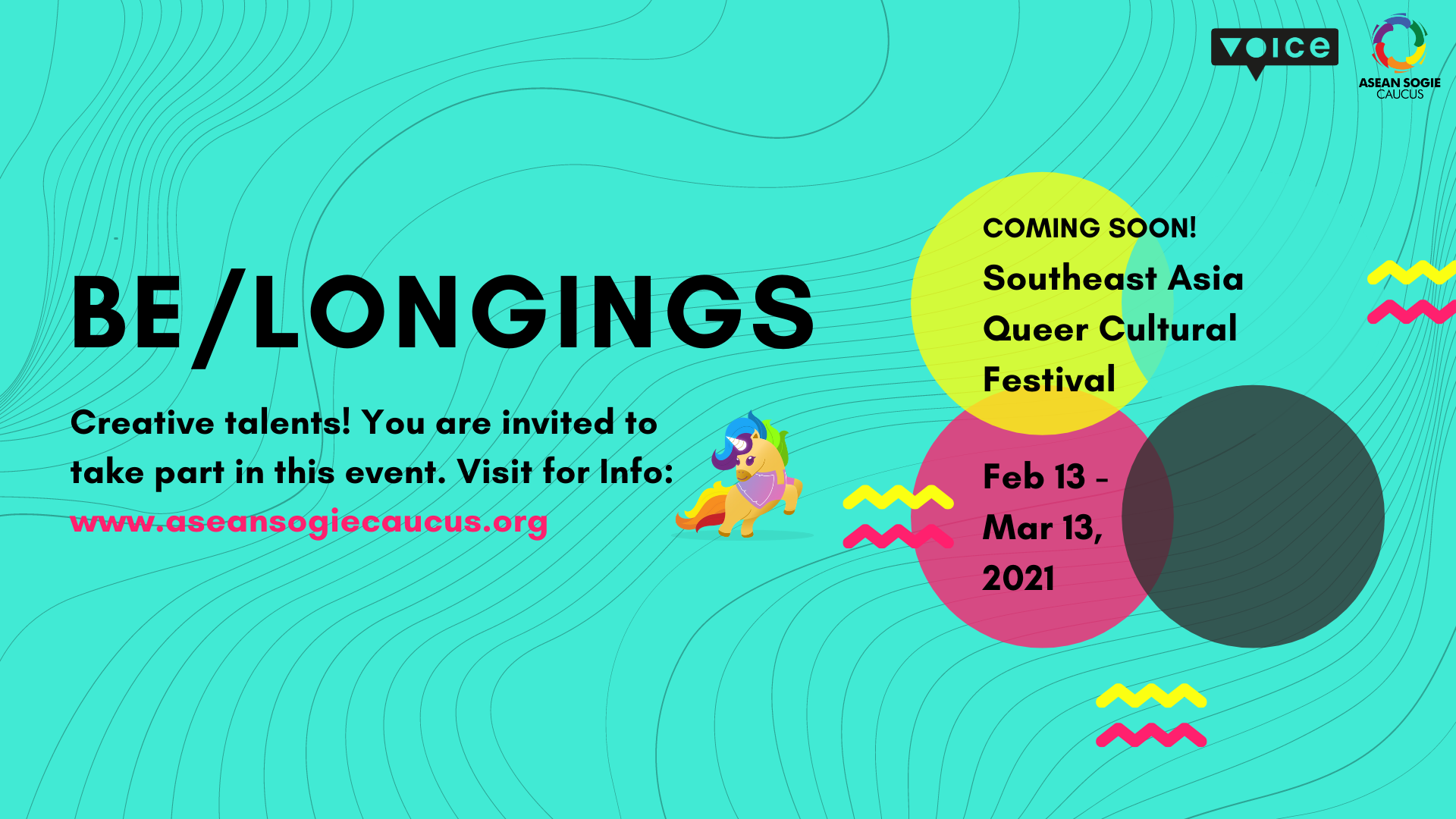
February 13, 2021 to March 13, 2021
The Southeast Asia Queer Cultural Festival (SEAQCF) is a virtual platform that celebrates LGBTIQ inclusion in Southeast Asia. Advocates, artists and cultural workers are invited to share materials that educate the public on this issue and build stronger bonds of regional community.
We seek to cultivate the collective memory of Southeast Asian LGBTIQ persons. This term refers to the cultural narratives of the community, centred around a shared identity and its relationship to both an imagined common past and a vision of a common future. It is not a static record of history, but an evolving consciousness, constantly morphing as it is performed, narrated and interpreted in contemporary situations.
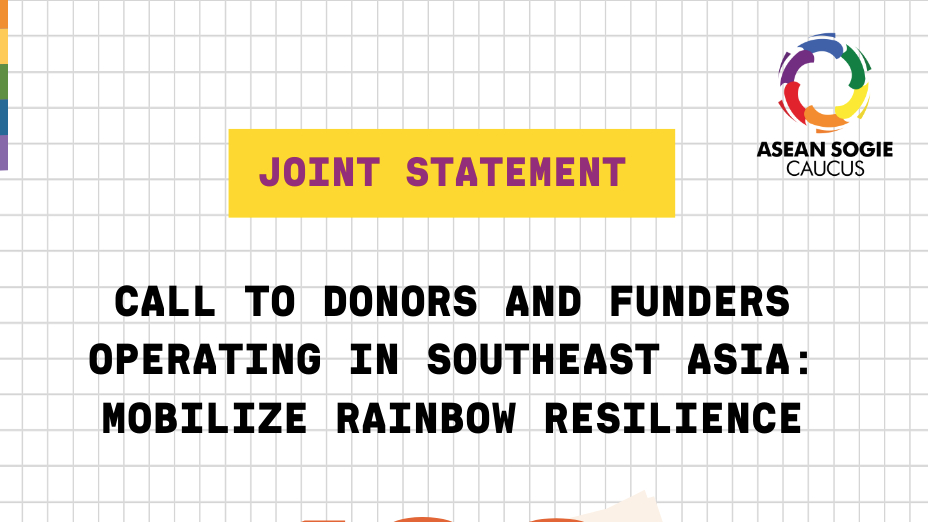
We the undersigned call on all donors, international organizations, humanitarian agencies, and governments to roll out -- proactively and without delay -- emergency and solidarity support for LGBTIQ activists and their communities. Resources must be made available and accessible to strengthen the resilience of LGBTIQ organizations and activists in the face of the COVID-19 pandemic, to buffer against the losses already suffered, and to let effectively and quickly respond to the rapidly developing needs of LGBTIQ communities they work with.
This pandemic is hurting everyone. And everyone, as one voice, must insist that our only responsibility now is to preserve each-other's health and safety. And while we do what we can to help and continue advocating for our rights, we must repeat: we are living through a crisis that directly impacts our own existence. Talking merely about work-from-home arrangements, disinterested calls for self-care, extending deadlines, and moving outcomes to online spaces is irresponsible and inadequate. Treating this as anything less than a global emergency is a gross miscalculation of what is at stake.
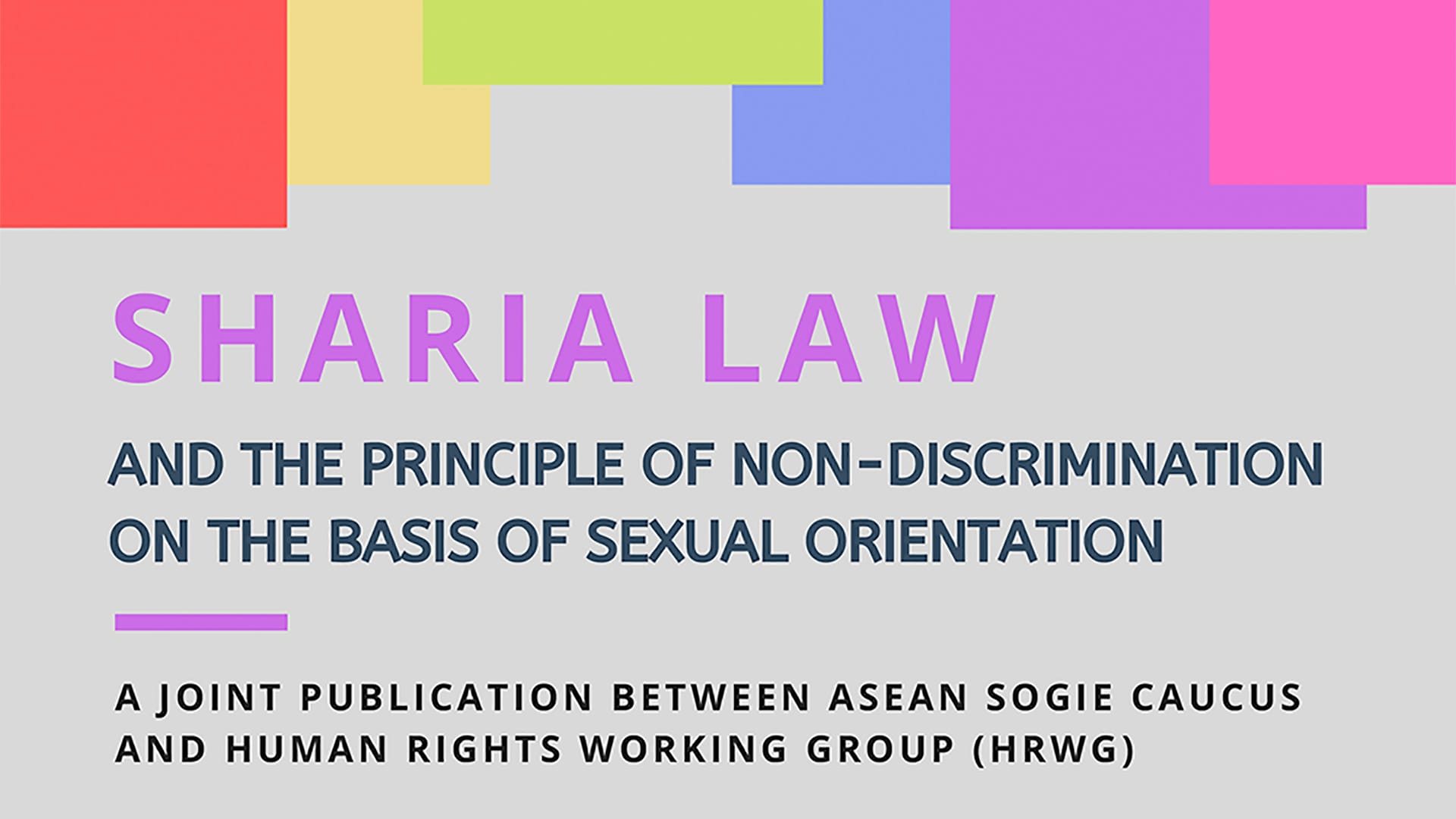
This joint publication of the ASEAN SOGIE Caucus (ASC) and the Human Rights Working Group (HRWG) tackles the issue of sexual orientations and gender identities and expressions (SOGIE) and Islam in the context of Southeast Asia.
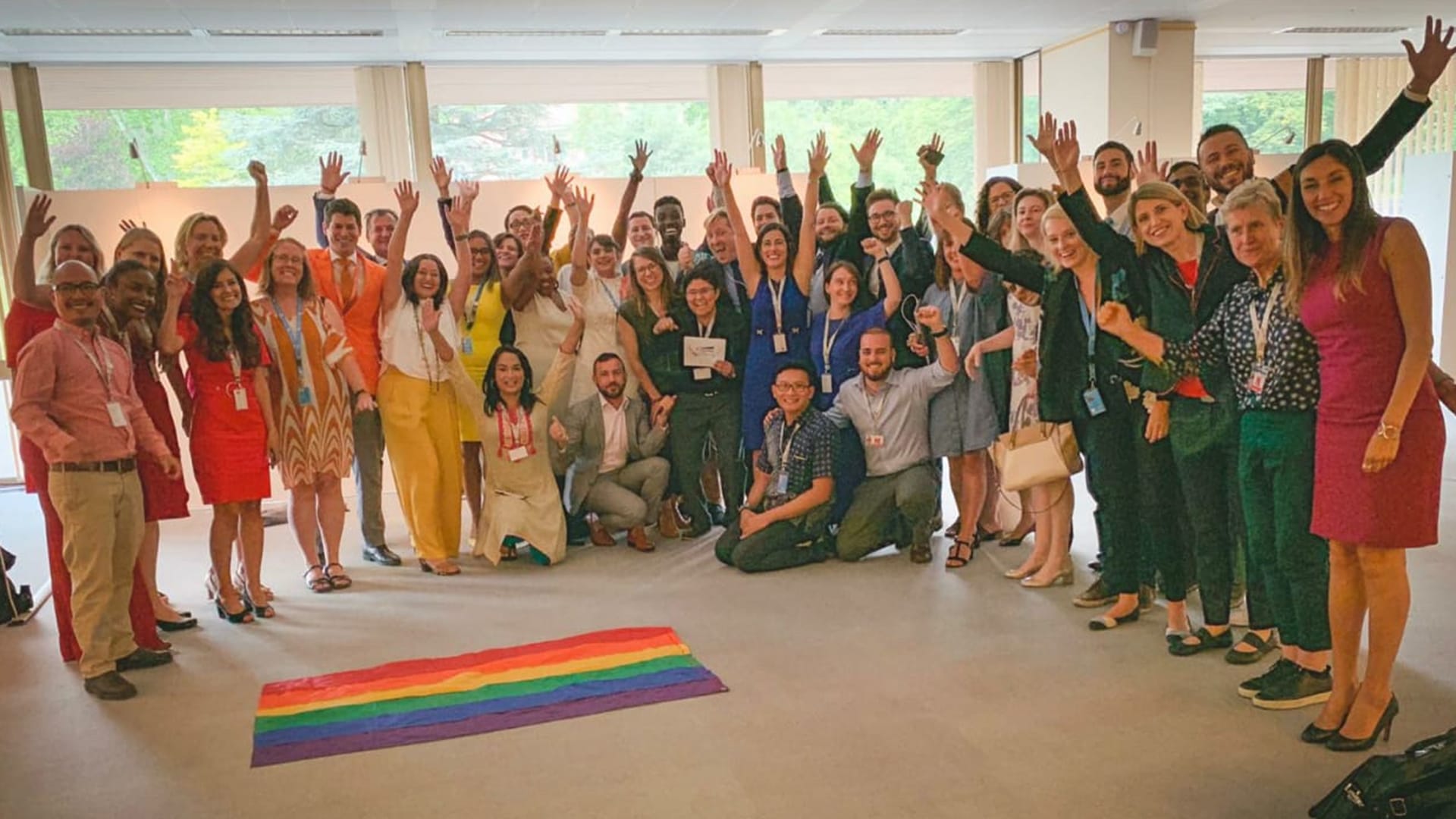
“This is another historic victory, not only for communities of diverse sexual orientations and gender identities, but for humanity as a whole.”
(Geneva, July 12, 2019) - In a defining vote, the United Nations Human Rights Council adopted a resolution to renew the mandate of the Independent Expert focusing on the protection against violence and discrimination on the basis of sexual orientation and gender identity.
The resolution was adopted by a vote of 27 in favour, with 12 voting against and 7 abstentions.
The campaign calling on the Council to renew the mandate of the UN Independent Expert on SOGI was supported by 1,312 non-governmental organizations from 174 States and territories.